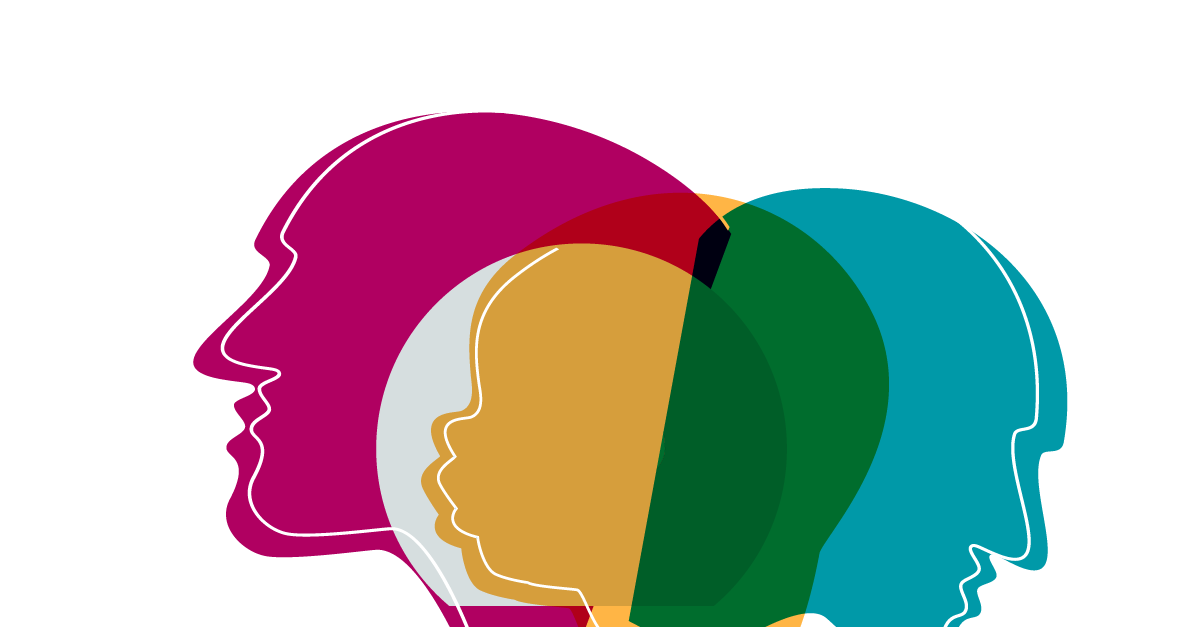Copyright © 2024 - Gearlabblog.com

One in five U.S. adults live with a mental illness, but access to treatment remains a challenge. This issue is particularly severe for lower-income people and minority populations. These groups face a higher burden of both mental health and chronic conditions, which worsen their economic hardships.
Treatment rates for mental illness vary greatly across different demographic groups. According to the National Alliance on Mental Illness (NAMI), Non-Hispanic White adults are more than twice as likely to receive treatment compared to Asian Americans. Hispanic or Latino and Black or African American communities also have lower treatment rates, though slightly higher than Asian Americans.
A new report from the School of Global Health at Meharry Medical College explores the economic impact of mental health disparities in the U.S. The findings are alarming, showing significant projected costs if these inequities are not addressed.
Various barriers prevent racial and ethnic minority groups, as well as marginalized, rural, and under-resourced populations, from accessing mental health treatment. These barriers include:
Racially and ethnically diverse communities have unique mental health needs that require targeted approaches. The economic cost of not investing in mental health services, treatments, and programs is substantial.
To address these inequities, policymakers need to take action. This includes:
In July, in honor of Minority Mental Health Awareness Month, The Hill will host an event to discuss the findings of Meharry School of Global Health’s 2024 study, “The Projected Costs and Economic Impact of Mental Health Inequities in the United States.” This event will feature administration officials, lawmakers, medical providers, and advocates who will discuss how to address the mental health needs of underserved communities.
Headliners Interview | Mental Health Policy, Not Politics
Report Overview | Projected Costs and Economic Impact
Panel Discussion | Advocating for Equity
Sponsor Perspective | Otsuka
Headliner Interview | Mental Health Inequities